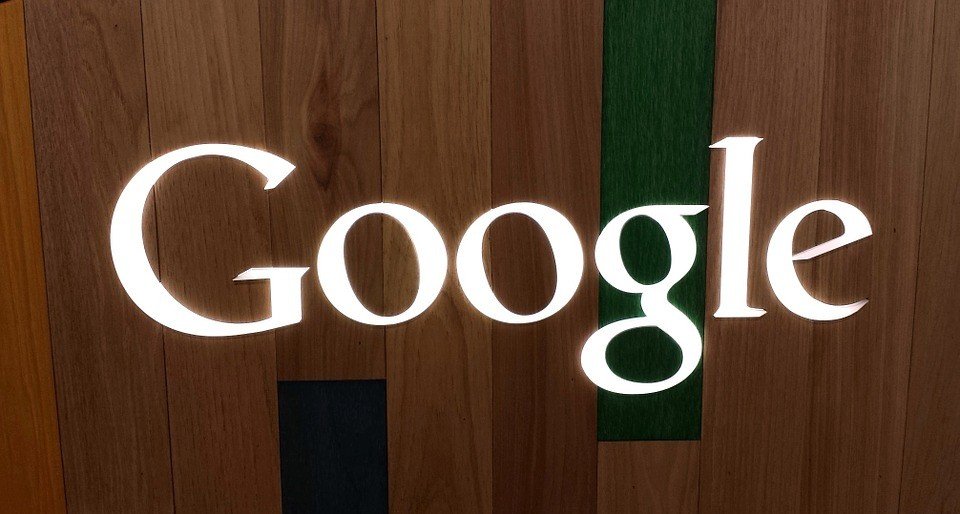Business
After mobilegeddon, here comes the phantom
Google is embracing the importance of content and is looking for ways to better gauge its quality.

Google’s insatiable desire to cope with the ever-changing landscape of technology has never overturned its over-a-decade-long belief that content, in the entire online advertising ecosystem, will always be king.
In the past decade, we’ve seen how brands geared up for making their own online space more robust upon seeing Google’s sincerity over making the Internet the newest advertising platform. Every year, as it progressively toppled the then industry leader Yahoo down, the search engine giant released “algorithm updates” that would soon become the official guide of online marketers to dominating various niches and industries on the Web.
Fast forward to present day, Google is maneuvering us all towards mobile. The recent algorithm update, aptly tagged as “Mobilegeddon,” shows that we are slowly leaving desktop behind, and everything—in the nearest future, at least—will be all about making websites fit for mobile viewing and navigation.

Google’s algorithm affected mobile phones. (Source)
The Mobilegeddon is not really that destructive like how exaggerated tech journalists described it. A lot of websites have already made their site mobile-ready long before Google released the update. Add to this the two-week notice it provided before the actual roll out. In essence, it is a friendly update that benefitted many companies, though a gang of unyielding brands still had to accept the penalty for simply rejecting what could have helped them maintain decent rankings on the SERPs.
Brands like IT Craft, a global IT-Web design firm, deserve to get credit for making Google’s work on convincing brands to go mobile-friendly a lot easier than it should be. These companies have been propagating the importance of being viewable and navigable on all screen types years before the birth of Mobilegeddon. Tech journalists deserve a point, too, for writing about it, and for informing the public that being mobile is now a serious business.

Brands like IT Craft, a global IT-Web design firm, deserve to get credit for making Google’s work on convincing brands to go mobile-friendly a lot easier than it should be.
Looking at how Google alters its algorithm gave many SEO experts a notion that it is paying less attention to content, which has been the cornerstone of its ranking and indexing system since pre-Panda days. Google has kept mum on the issue for years, maybe because it needed no clarification.
Nonetheless, over the week, the Internet has been abuzz with news that Google is embracing content’s importance anew. And since it has not gotten a name yet and there’s no official news on it as of the moment, online marketers have taken the responsibility of pre-baptizing it under a rather suitable name “Phantom” for being cryptic and obscure.
Speculations ended immediately when Google confirmed the issue through Search Engine Land last week. While the online world calls it “Phantom,” Google asserted that it is just a simple “Quality Update” that promotes newer and better ways of gauging content’s quality. But Google remains cautious and quiet as it did not provide any details on the special content quality algorithm that will surely change how website copies on all screens are done these days.
“So, no – if you saw ranking changes earlier this month, you are not alone. Sadly, we don’t have any specific advice to give you outside of Google continues to make algorithmic changes to improve the quality of their search results. So keep focusing on building out a better website, aimed at your users and overall quality,” Search Engine Land editor Barry Schwartz wrote.
But HubPages, after scrutinizing Google’s results pages for two weeks, deduced that the search engine will soon ditch the page-level-basis penalty and might develop an algorithm that will affect an entire website for having at least a non-SEO friendly content/page. The company also noticed that word count no longer matters as long as the content is relevant, well-written, and original. Lastly, “How-to” articles have shown a significant decline in rankings—which means, Google is no longer interested in word count-saving, number-conscious articles that simply want to go viral. That being said, listicles may be next.
—
This article may include forward-looking statements. These forward-looking statements generally are identified by the words “believe,” “project,” “estimate,” “become,” “plan,” “will,” and similar expressions. These forward-looking statements involve known and unknown risks as well as uncertainties, including those discussed in the following cautionary statements and elsewhere in this article and on this site. Although the Company may believe that its expectations are based on reasonable assumptions, the actual results that the Company may achieve may differ materially from any forward-looking statements, which reflect the opinions of the management of the Company only as of the date hereof. Additionally, please make sure to read these important disclosures.

-

 Business7 days ago
Business7 days agoTopRanked.io Weekly Affiliate Digest: What’s Hot in Affiliate Marketing [Health Trader Affiliate Program Review]
-

 Business2 weeks ago
Business2 weeks agoTopRanked.io Weekly Affiliate Digest: What’s Hot in Affiliate Marketing [Hosting.com Affiliates]
-

 Africa2 days ago
Africa2 days agoAir Algérie Expands African Partnerships
-

 Crypto1 week ago
Crypto1 week agoEthereum Pushes AI Integration With ERC-8004 and Vision for Autonomous Agents

























